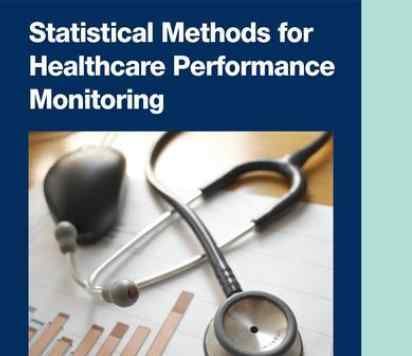BibTex format
@article{Bottle:2019:ageing/afy194,
author = {Bottle, A and Kim, D and Hayhoe, B and Majeed, A and Aylin, P and Clegg, A and Cowie, MR},
doi = {ageing/afy194},
journal = {Age and Ageing},
pages = {347--354},
title = {Frailty and comorbidity predict first hospitalisation after heart failure diagnosis in primary care: population-based observational study in England},
url = {http://dx.doi.org/10.1093/ageing/afy194},
volume = {48},
year = {2019}
}
RIS format (EndNote, RefMan)
TY - JOUR
AB - Background: frailty has only recently been recognised as important in patients with heart failure (HF), but little has been done to predict the first hospitalisation after diagnosis in unselected primary care populations. Objectives: to predict the first unplanned HF or all-cause admission after diagnosis, comparing the effects of comorbidity and frailty, the latter measured by the recently validated electronic frailty index (eFI). Design: observational study. Setting: primary care in England. Subjects: all adult patients diagnosed with HF in primary care between 2010 and 2013. Methods: we used electronic health records of patients registered with primary care practices sending records to the Clinical Practice Research Datalink (CPRD) in England with linkage to national hospital admissions and death data. Competing-risk time-to-event analyses identified predictors of first unplanned hospitalisation for HF or for any condition after diagnosis. Results: of 6,360 patients, 9% had an emergency hospitalisation for their HF, and 39% had one for any cause within a year of diagnosis; 578 (9.1%) died within a year without having any emergency admission. The main predictors of HF admission were older age, elevated serum creatinine and not being on a beta-blocker. The main predictors of all-cause admission were age, comorbidity, frailty, prior admission, not being on a beta-blocker, low haematocrit and living alone. Frailty effects were largest in patients aged under 85. Conclusions: this study suggests that frailty has predictive power beyond its comorbidity components. HF patients in the community should be assessed for frailty, which should be reflected in future HF guidelines.
AU - Bottle,A
AU - Kim,D
AU - Hayhoe,B
AU - Majeed,A
AU - Aylin,P
AU - Clegg,A
AU - Cowie,MR
DO - ageing/afy194
EP - 354
PY - 2019///
SN - 1468-2834
SP - 347
TI - Frailty and comorbidity predict first hospitalisation after heart failure diagnosis in primary care: population-based observational study in England
T2 - Age and Ageing
UR - http://dx.doi.org/10.1093/ageing/afy194
UR - https://www.ncbi.nlm.nih.gov/pubmed/30624588
UR - http://hdl.handle.net/10044/1/66701
VL - 48
ER -
